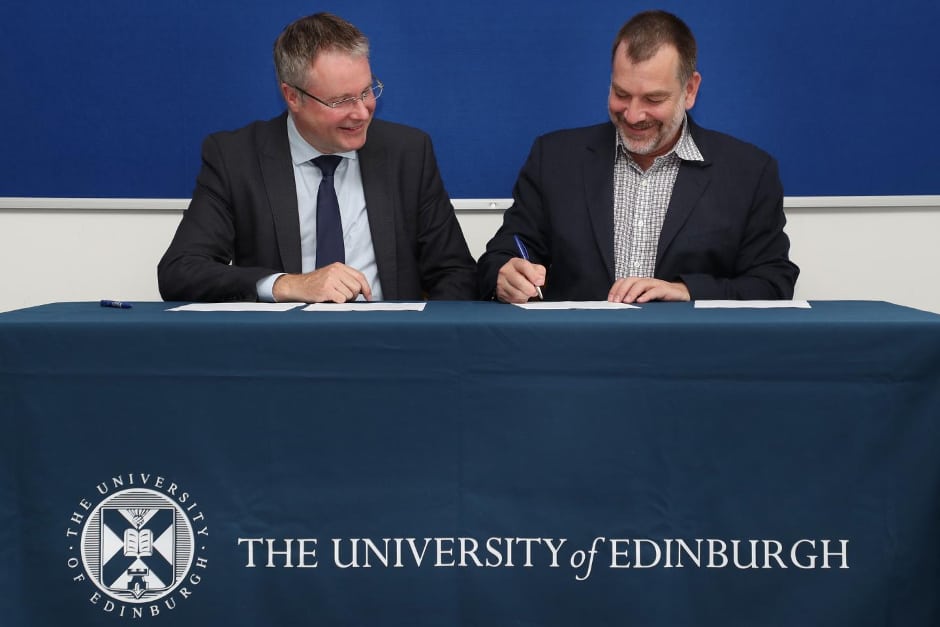
Orbital Micro Systems (OMS) and Edinburgh University are both involved in the newly formed International Centre for Earth Data (ICED), which will gather, process and deliver weather information from public and commercial sources for researchers, governments and commercial enterprises around the world.
ICED aims to provide near real-time monitoring and improved forecasts for sectors such as insurance, agriculture, aviation, and shipping.
Based at Edinburgh University, the programme will capture and analyse data from OMS' planned constellation of 40 satellites - each about the size of a large shoebox. These missions will include the first launch of the recently announced UK spaceflight programme, using the planned spaceport on Scotland's north coast.
The technology will be equipped with microwave sensors to gather quarter-hourly updates on global conditions such as temperature, humidity and atmospheric pressure. The resulting data stream will be interpreted and delivered to clients across the world to enable near real-time decision making and high-value forecasts.
Following agreement of the deal, researchers from OMS will establish a presence at the Bayes Centre, a new data science and technology centre at Edinburgh University.
They will work with researchers in high performance computing, geosciences and informatics to design data and analytics technology for the sensors. The University of Colorado Boulder is also involved in the ICED.
Prof Mark Parsons, associate dean for e-Research at Edinburgh University, said: "Our expertise in data science means we are perfectly placed to support the sophisticated production of regular and reliable weather information for recipients around the world."
William Hosack, CEO of OMS, said: "Output from the International Centre for Earth Data will impact the lives of hundreds of millions of people around the world through applications relevant to everyday life - such as improved crop yields, safer route planning for flights and shipping, and better land management where forest fires, landslides, and other natural disasters are prevalent.”





Glasgow trial explores AR cues for autonomous road safety
They've ploughed into a few vulnerable road users in the past. Making that less likely will make it spectacularly easy to stop the traffic for...